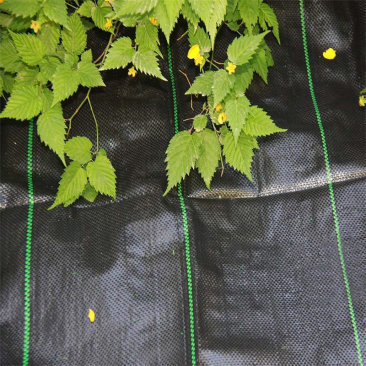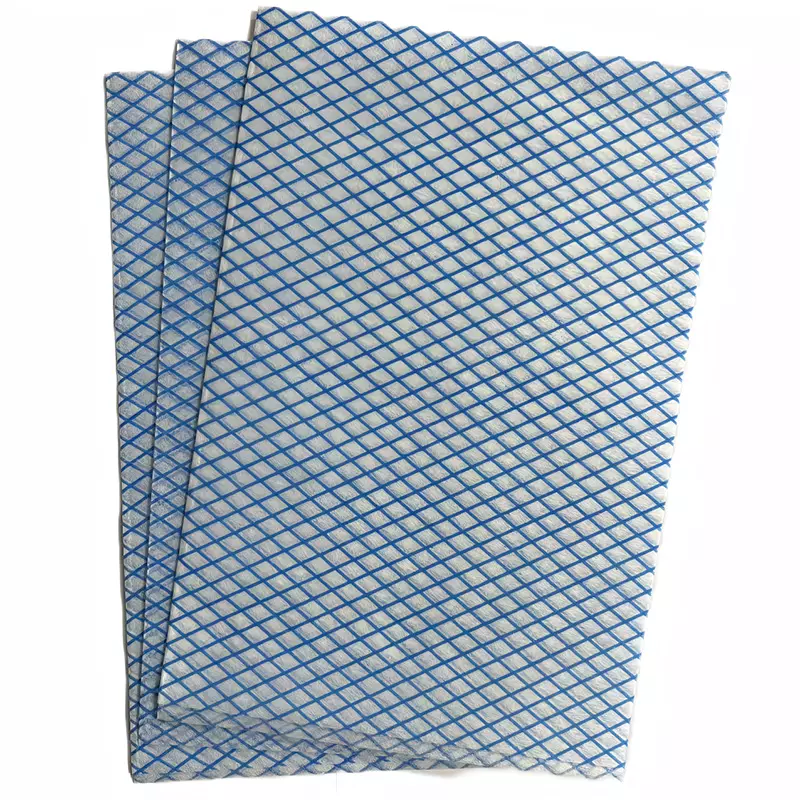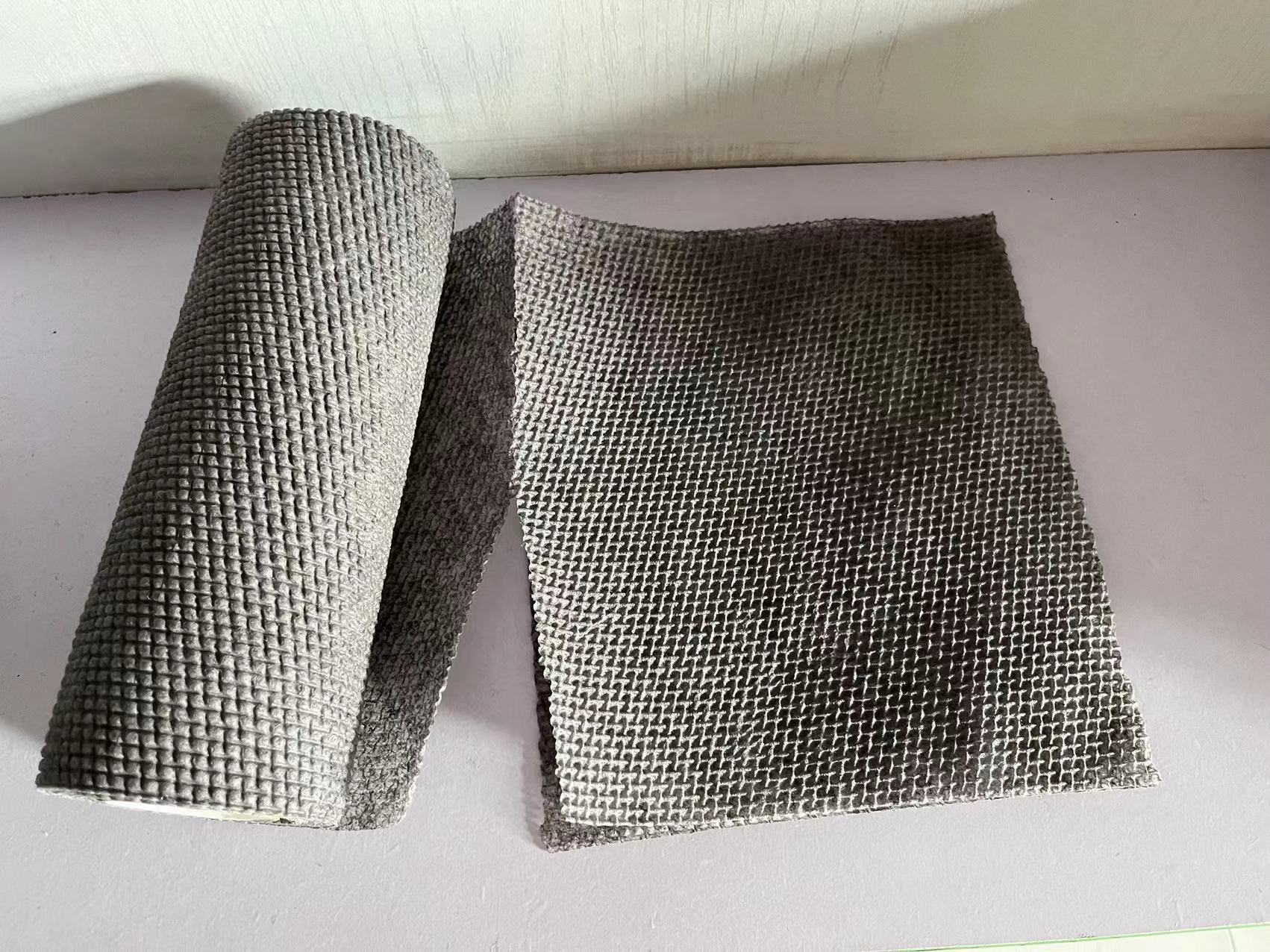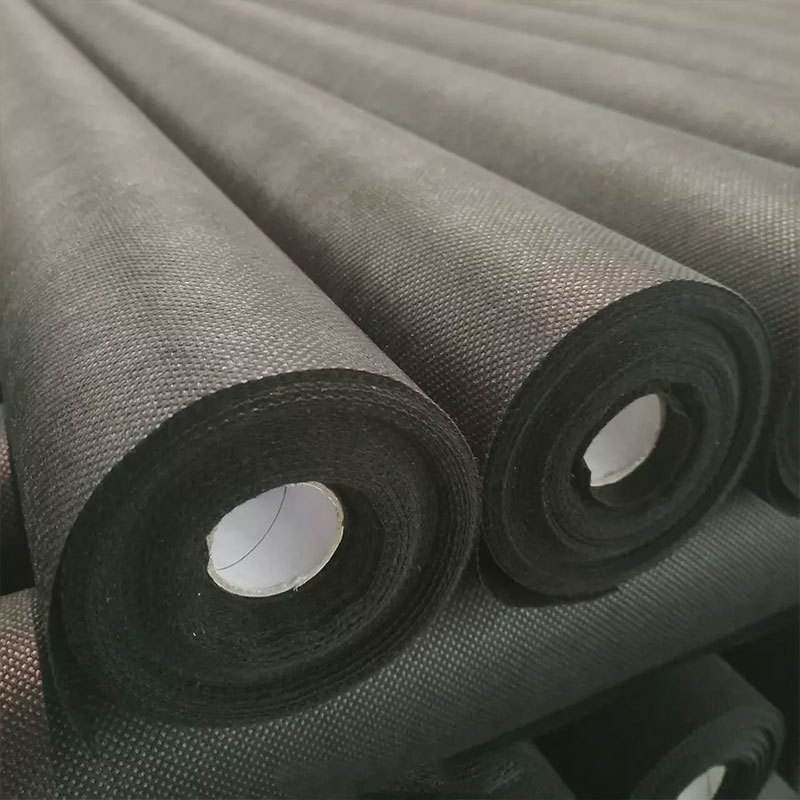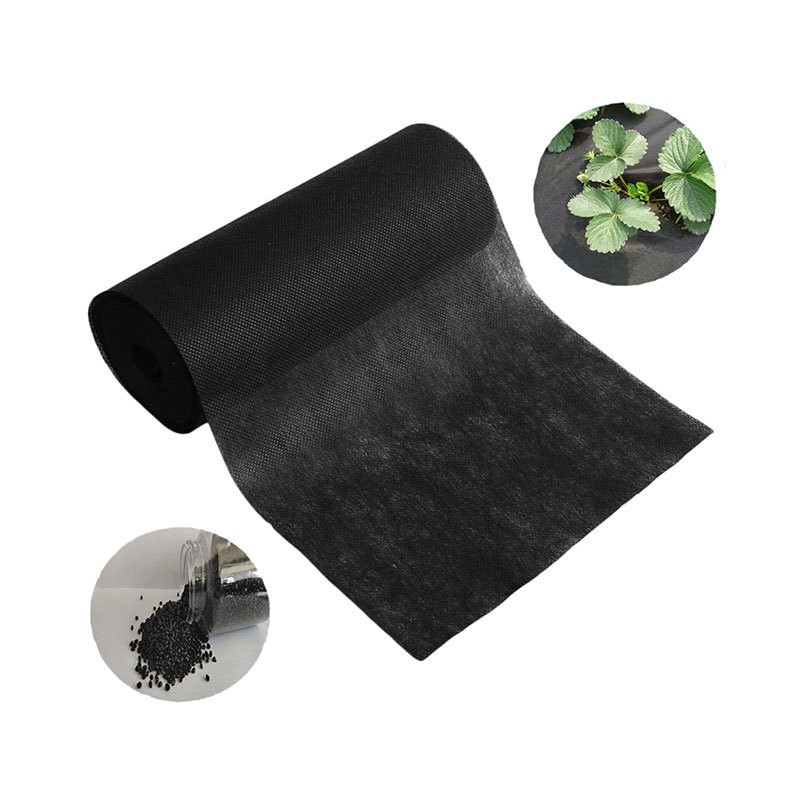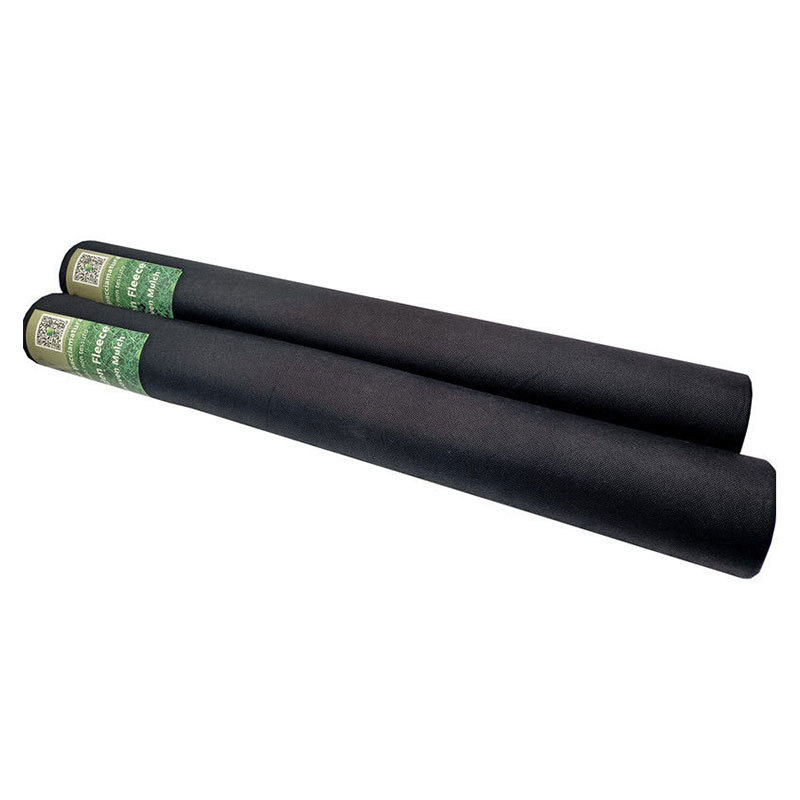28
2025
-
07
The Versatility and Advantages of Polyester Spunbond Nonwoven Fabric
Polyester spunbond nonwoven fabric is a remarkable material widely used in various applications within the textile industry. This fabric is produced through a process that involves the extrusion of polyester fibers, followed by spinning them onto a moving belt. The result is a lightweight, strong, and durable fabric that offers numerous advantages over traditional woven materials. Its unique manuf
Polyester spunbond nonwoven fabric is a remarkable material widely used in various applications within the textile industry. This fabric is produced through a process that involves the extrusion of polyester fibers, followed by spinning them onto a moving belt. The result is a lightweight, strong, and durable fabric that offers numerous advantages over traditional woven materials. Its unique manufacturing process allows for a variety of fabric weights and thicknesses, making it suitable for a broad range of uses.
One of the key benefits of polyester spunbond nonwoven fabric is its excellent strength-to-weight ratio. This characteristic makes it an ideal choice for applications that require durability without the bulkiness of woven fabrics. Additionally, the nonwoven structure of the fabric allows for efficient air and liquid permeability, which is particularly beneficial in medical applications, such as surgical gowns and masks, where breathability and fluid resistance are crucial.
Another advantage of polyester spunbond nonwoven fabric is its resistance to moisture, chemicals, and UV light. This makes it suitable for outdoor applications, such as landscaping and agricultural covers, where exposure to the elements can degrade other materials. Its inherent resistance to mold and mildew also contributes to its longevity and reliability in various environments.
Polyester spunbond nonwoven fabric is also known for its versatility in design and finishing options. It can be easily colored, printed, or laminated, allowing manufacturers to create aesthetically pleasing products that meet specific market demands. Furthermore, it can be bonded with other materials to enhance its functionality, such as adding insulation properties or increasing overall strength.
Sustainability is becoming increasingly important in the textile industry, and polyester spunbond nonwoven fabric offers eco-friendly solutions. Many manufacturers are now producing this fabric using recycled polyester, which helps reduce environmental impact while still delivering high-performance qualities. Additionally, the nonwoven nature of the fabric often leads to less waste during production compared to traditional woven textiles.
In conclusion, polyester spunbond nonwoven fabric is an incredibly versatile material that presents numerous benefits for various applications within the textile industry. Its strength, durability, and adaptability make it a preferred choice for manufacturers looking to create reliable and efficient products. As the demand for sustainable materials grows, polyester spunbond nonwoven fabric stands out as an innovative solution that meets both performance and environmental considerations.
One of the key benefits of polyester spunbond nonwoven fabric is its excellent strength-to-weight ratio. This characteristic makes it an ideal choice for applications that require durability without the bulkiness of woven fabrics. Additionally, the nonwoven structure of the fabric allows for efficient air and liquid permeability, which is particularly beneficial in medical applications, such as surgical gowns and masks, where breathability and fluid resistance are crucial.
Another advantage of polyester spunbond nonwoven fabric is its resistance to moisture, chemicals, and UV light. This makes it suitable for outdoor applications, such as landscaping and agricultural covers, where exposure to the elements can degrade other materials. Its inherent resistance to mold and mildew also contributes to its longevity and reliability in various environments.
Polyester spunbond nonwoven fabric is also known for its versatility in design and finishing options. It can be easily colored, printed, or laminated, allowing manufacturers to create aesthetically pleasing products that meet specific market demands. Furthermore, it can be bonded with other materials to enhance its functionality, such as adding insulation properties or increasing overall strength.
Sustainability is becoming increasingly important in the textile industry, and polyester spunbond nonwoven fabric offers eco-friendly solutions. Many manufacturers are now producing this fabric using recycled polyester, which helps reduce environmental impact while still delivering high-performance qualities. Additionally, the nonwoven nature of the fabric often leads to less waste during production compared to traditional woven textiles.
In conclusion, polyester spunbond nonwoven fabric is an incredibly versatile material that presents numerous benefits for various applications within the textile industry. Its strength, durability, and adaptability make it a preferred choice for manufacturers looking to create reliable and efficient products. As the demand for sustainable materials grows, polyester spunbond nonwoven fabric stands out as an innovative solution that meets both performance and environmental considerations.
Polyester Spunbond Nonwoven Fabric
Prev


